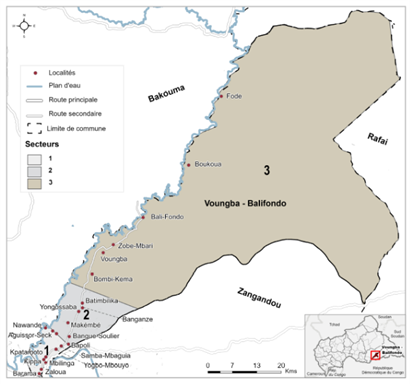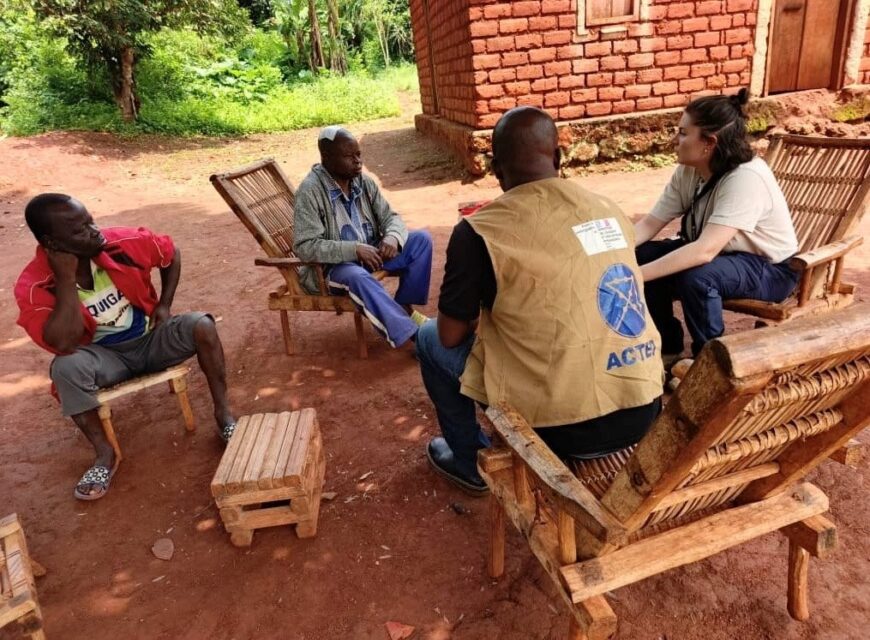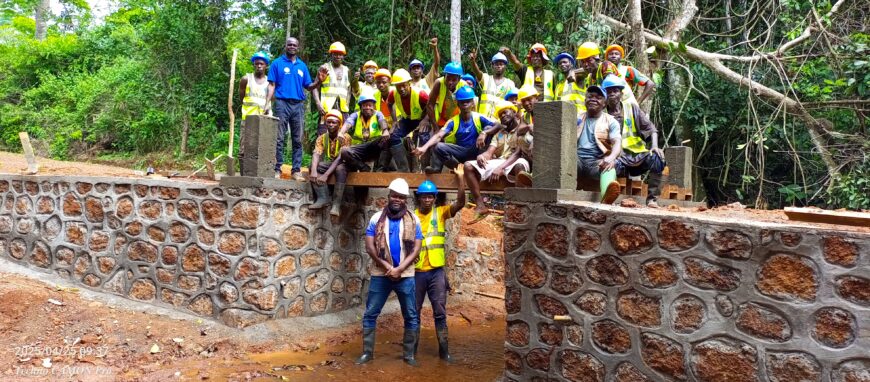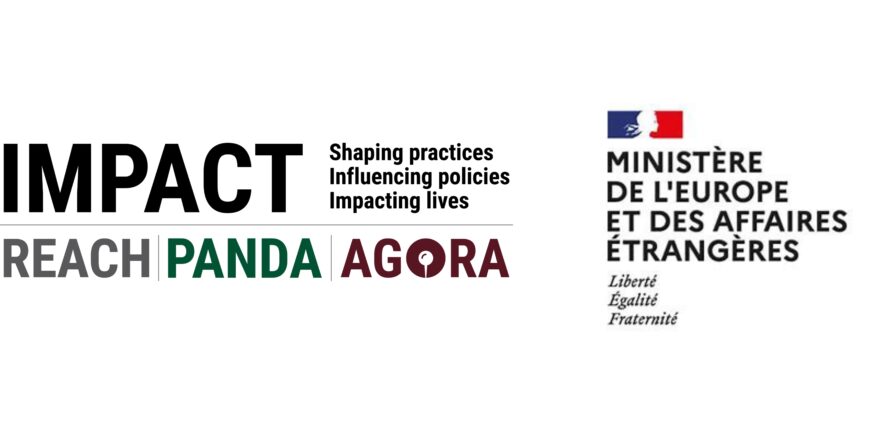In a post-crisis context marked by fragile local institutions and the deterioration of basic social services, the municipality of Vougba-Balifondo is mobilising, with the support of ACTED and its partners, to build a model for participatory and sustainable recovery and development based on community involvement, community resilience and integrated territorial development.
In a post-crisis context marked by fragile local institutions and the deterioration of basic social services, the municipality of Vougba-Balifondo is mobilising, with the support of ACTED and its partners, to build a model for participatory and sustainable recovery and development based on community involvement, community resilience and integrated territorial development.

Faced with these challenges, Acted and IMPACT Initiatives launched the AGORA approach project in the municipality of Vougba-Balifondo in 2024. This initiative is based on a territorial methodology designed to strengthen local governance and support community development in fragile contexts. The AGORA approach consists of three key stages:
- Collection of reliable data: quantitative and qualitative surveys were conducted at the local level to establish an accurate assessment of needs and available resources.
- Organisation of participatory processes: local authorities, community leaders, youth groups and women’s associations were mobilised to collectively define development priorities.
- Establishment of local monitoring mechanisms: recovery committees were set up to ensure transparency, community ownership and continuous adaptation of actions.
Participatory development of the local development plan

At the heart of this approach is the development of the Local Recovery Plan/Local Development Plan (PRL/PDL), a strategic document co-created with communities. Between September 2024 and April 2025, this process led to the formalisation of the municipality’s PRL/PDL, which identifies priority needs in education, health, water and sanitation, economic development and agriculture. This plan serves both as a planning tool for local authorities and as an advocacy tool for development partners.
Through AGORA, the people of Vougba-Balifondo are becoming actors in their own recovery, driven by a shared vision and collective commitments. The project is thus part of a dynamic of sustainable transformation based on inclusion, transparency and territorial resilience.
In the second phase of the project, Acted used this PRL to implement activities aligned with the priorities identified by the community. These achievements include strengthening local capacities, improving certain basic infrastructure, and consolidating participatory governance mechanisms.
Local actors strengthen community development in a sustainable manner by effectively responding to identified needs.
The actions implemented as part of the AGORA project have already generated significant changes within the municipality of Vougba-Balifondo.
In terms of local capacity building, three training cycles have been organised, reaching more than 200 local authorities and community leaders. These sessions addressed key issues such as local governance, transparency, participatory planning, natural resource management and community communication, thereby contributing to a better understanding of development issues.
Citizen participation has also increased thanks to the creation of two Local Planning and Monitoring Committees (CLPS), which actively include women. In addition, awareness campaigns have been carried out, reaching more than 17,349 people on key topics such as education, hygiene, social cohesion and local economic promotion.
In terms of infrastructure and services, several concrete achievements have been made: the rehabilitation of a health centre (Yangossaba) and the construction of a health centre (Aguissor-sec), the construction of two market sheds, the construction of a semi-permanent bridge, and the development of 20 kilometres of rural roads.
Finally, local governance has been strengthened, with a notable reduction in community tensions and better consultation between the authorities and the population. The Chiefdom Advisory Office is now recognised as the central coordinating body in 93% of localities, indicating that participatory governance is progressing.
These results demonstrate that a community-centred approach based on inclusion, transparency and co-construction can become a real pillar of sustainable recovery/development in fragile contexts.
By implementing this programme, we have been able to express our needs and better understand how to work with the administrative authorities. This gives us confidence for the next steps.
To date, the warehouses are occupied by traders, the bridge is operational, the Yangossaba health centre is already operational, while the Aguissorsec health centre has been built but is awaiting the assignment of medical staff.
Enhanced understanding of governance mechanisms and local consultations
The project has already produced promising results, but needs remain in the communities of Bangassou. For this reason, the CDCS is renewing the project for the year 2025-2026.
Acted has been able to capitalise on this initial experience, which will enable it to better guide future actions, integrating ever more inclusive governance and community participation.

With the launch of phase 2 of the project, now including sector 3, which is the largest and least densely populated sector, ACTED and IMPACT are continuing their commitment to the communities of Vougba-Balifondo for sustainable recovery. The AGORA approach continues to structure local governance, strengthen the capacities of stakeholders and guide interventions according to community priorities. The expansion of the scope of action reflects the positive momentum that has been generated and the collective will to build a more resilient and inclusive future.
In the Central African Republic, Vougba-Balifondo demonstrates that recovery is possible when it is built by the community and for the community.
